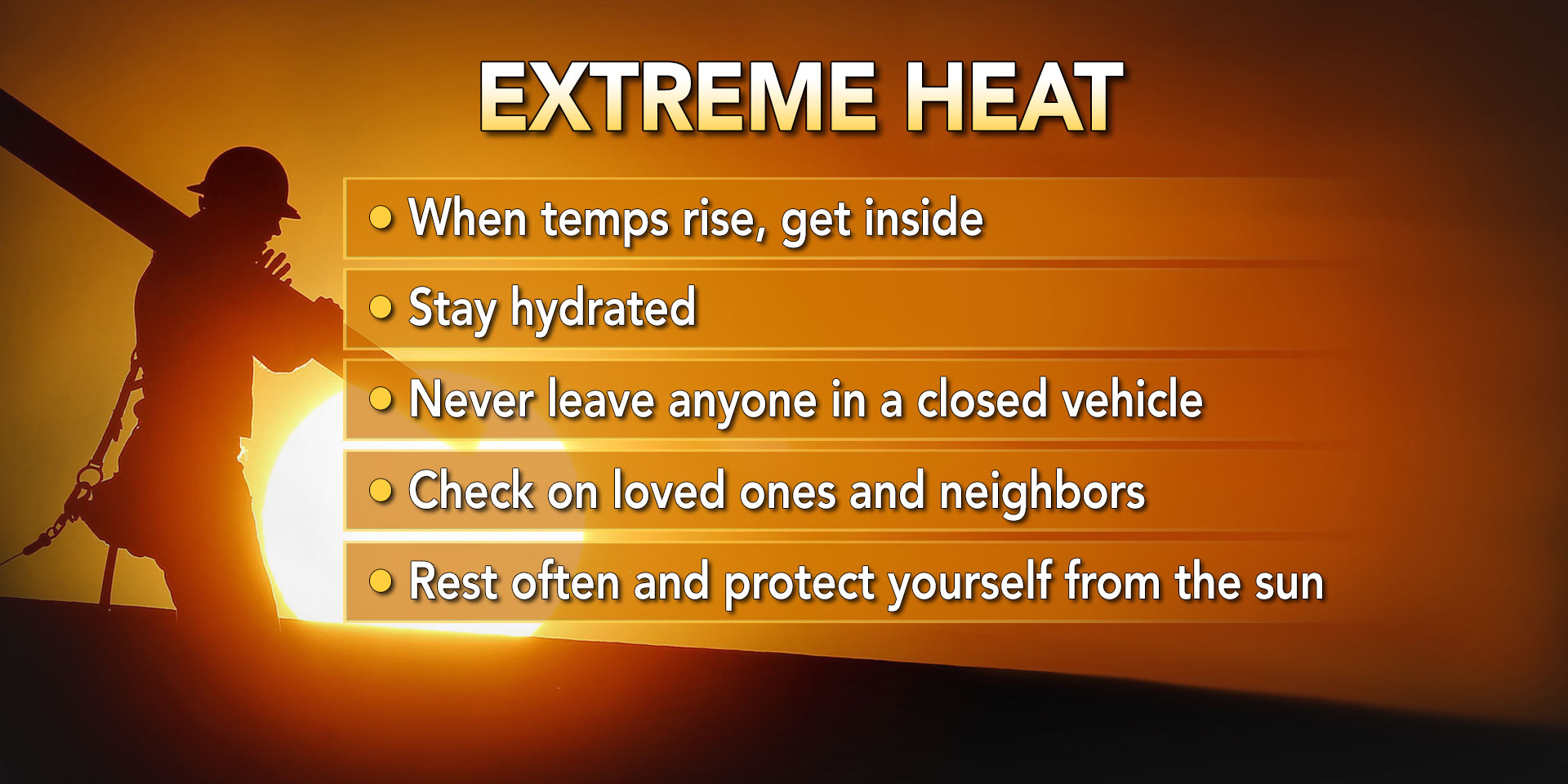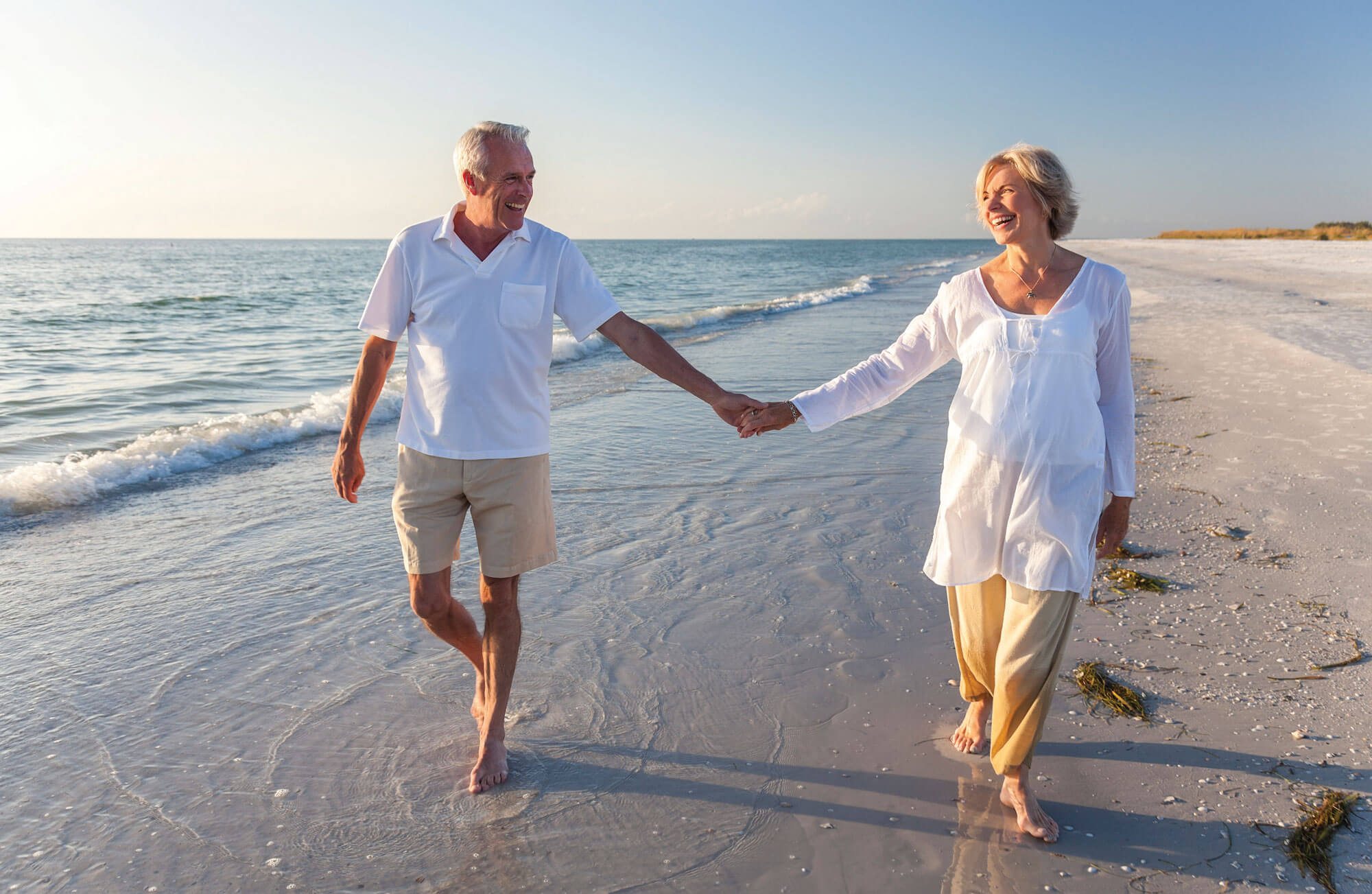While we’re not sure if a heatwave is coming, we can certainly be prepared for it by avoiding caffeinated drinks and alcohol, staying hydrated, and taking the right precautions. Aside from these precautions, we can also consider ways to stay cool while in . We’ve included some tips for you to consider. Read on for more information. And if you’re still worried, don’t worry; we’ve got you covered.

A health service executive has issued a warning about caffeine in . How to stay safe during a heat wave. Drinking caffeinated drinks may result in dehydration. According to the health service executive, caffeinated drinks can also increase the risk of , especially among older people and babies. Drinking is a better option. Caffeinated drinks are also high in sugar, which can cause stomach cramps.
Why does caffeine usually cause dehydration?
Caffeine was linked to dehydration in the past. However, research shows that moderate caffeine intake doesn’t increase your risk of dehydration. In addition, iced tea and coffee can contribute to your daily fluid intake. However, if you don’t drink coffee or tea, you will feel the caffeine effect even more acutely on hot days. It’s best to stick to , especially during .
Alcohol can dehydrate you. Drinking alcohol can dilute your urine, making potentially hydrating liquids pass through your body faster. Alcohol also decreases the anti-diuretic hormone, resulting in increased urination. Moreover, consuming alcohol excessively can cause vomiting and dehydration. Sports drinks and cocktails are also high in sodium and sugar, which can be harmful if you are less active during a .
What do you drink during a ?
In addition to coffee, tea, and soda, avoid sugary and caffeinated drinks during a . Caffeine may cause bladder irritation and increased frequency of urination. Additionally, sugary drinks may prevent the absorption of by the body, making it essential to drink plenty of . While drinking these drinks may make you feel refreshed, they won’t hydrate you.
Avoiding alcohol is a smart way to avoid dehydration during a heat wave. Alcohol depresses the release of a hormone called vasopressin, which helps keep fluid levels balanced. Additionally, alcohol is a diuretic, meaning that it increases urination. People already exposed to the heat will naturally lose a lot of water through sweat, which will only compound the risk of dehydration.
Does alcohol cool you down in ?
During , alcohol is an especially dangerous substance. Not only does alcohol affect the way you feel, but it also impairs your judgment. The effects of alcohol are amplified when combined with high temperatures and sunlight. During , drinking alcohol can put you at risk for dehydration or even death. Consequently, avoiding alcohol altogether is a smart way to prepare for a .

The biggest culprit in dehydration is alcohol. Other beverages, including caffeine, should be avoided. In addition to avoiding alcohol, it’s important to avoid sugary beverages and hot drinks. Although it’s tempting to drink these, they’re not the best choice during . Drinking instead will keep you hydrated and avoid dehydration. This is also a good way to protect yourself from heatstroke.
Why should we drink a lot of after excessive sweating?
Drinking regularly is important in , especially if you are sweating heavily. Make sure you drink plenty of throughout the day, and try to check your urine color periodically to make sure you are getting the correct amount. If you’re unable to drink , you can substitute it with a glass of all-natural juice that does not contain added sugar. Not only does juice provide the right amount of hydration, it also contains important nutrients like vitamin C, which your body needs during . Alcohol also dehydrates you, so it’s recommended to drink in between alcoholic drinks.
If possible, stay indoors during a . Exercising outdoors in will increase your risk of dehydration. Try to stick to a moderate exercise routine if possible, and if you must exercise, do so in the shade. You may also want to consult with a doctor before engaging in strenuous exercise. If exercising outdoors is an option, consider taking a or sitting in a cool bath to reduce your risk of losing fluids through perspiration.
What drinks are recommended for ?
If you’re not sure what to drink during a , consult a doctor. How to help your neighbors in an emergency. During a , you’ll need more fluids than normal, and the more fluid you consume, the more effective it will be. It’s best to drink plenty of and avoid drinking coffee, soda, or other caffeinated beverages. The chemicals in coffee, soda, and other beverages dehydrate the body.
It’s important to drink in the of the day, but you’ll need extra if you’re out and about for long periods of time. is the best way to meet your body’s hydration needs, and is essential for the proper functioning of all the organs in your body. It also helps flush waste and regulate . Drinking will hydrate you faster than anything else. For further tips, visit the website.
How much should you drink if you’re physically active?
Drinking is also very important for active people, and even more so if you’re planning to engage in physical activity. However, you should avoid sugary soft drinks and sports drinks as they don’t have the most hydrating ingredients. Soft drinks, on the other hand, are high in calories and caffeine and should be avoided during the . Instead, opt for . A few liters of a day will help you stay hydrated and prevent -related illness.
Drinking more is essential in , and it will prevent heatstroke and dehydration. Have a look at heat safety guide. Aim to drink at least eight glasses of a day, and try to increase this to ten. For people with certain physical conditions or those with limited mobility, drinking will be more important than ever. These people are more likely to be dehydrated than the rest of us, and should drink more frequently.
